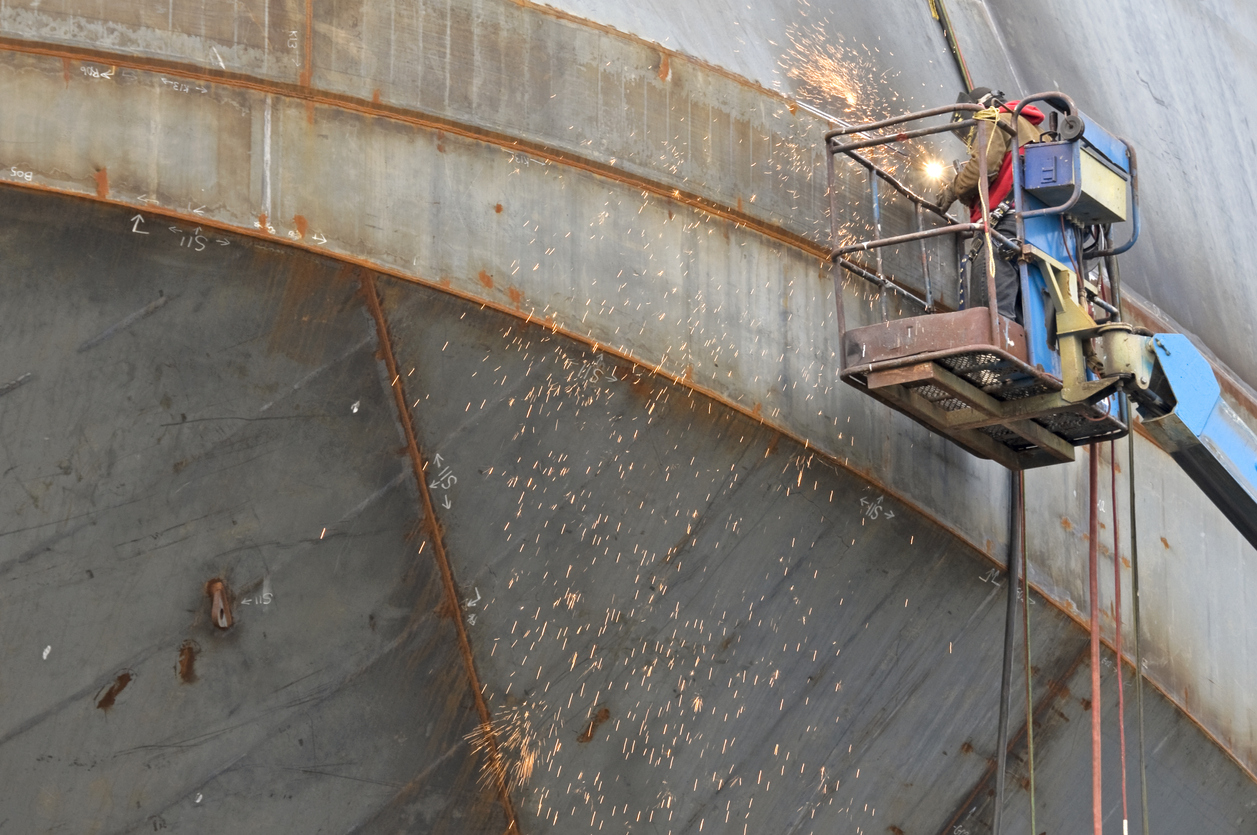
Filing a Claim Under LHWCA Act
August 13, 2020
In the United States, most employers are required to provide their employees with workers’ compensation insurance. This state- or federally-mandated insurance is designed to provide financial assistance for employees injured on the job, and covers both medical expenses and lost wages. Not all employees enjoy the specific protections afforded by traditional workers’ comp insurance, however. In the commercial marine industry, many workers’ comp benefits are provided by the Longshore and Harbor Workers’ Compensation Act (LHWCA). Filing a claim for these benefits can be confusing; in this guide, we’ll share tips on what steps to take to ensure that an injury claim is handled properly.
The LHWCA: What is it, What are the Benefits, and Who is Eligible?
Sometimes referred to as the Longshore Act or the United States Longshore and Harbor Act, the Longshore and Harbor Workers’ Compensation Act (LHWCA) was first enacted back in 1927. The Act’s original purpose was to provide certain classes of maritime workers with financial benefits if those workers were to be injured on the job.
Benefits under the LHWCA are calculated using two factors: the loss of wages of an injured maritime employee, and that employee’s after-injury earning potential. In practice, the benefits work out to be about 66% of the injured worker’s regular wages.
The LHWCA is administered by the U.S. Department of Labor’s Division of Longshore and Harbor Workers’ Compensation (DLHWC). Within the DLHWC, the Office of Workers’ Compensation Programs (OWCP) is tasked with oversight and administration of benefits to injured workers. To be eligible for benefits under the LHWCA, workers must have received their injuries on or near the navigable waters of the United States, and must not be classified as seamen, defined as crew members aboard a navigable vessel. Common job classes of workers eligible under the LHWCA include:
- Harbor workers
- Stevedores
- Ship builders and ship repairers
- Ship breakers
- Dock workers
- Longshoremen
- Workers engaged in construction projects in harbors, wharves, cargo terminals, and piers.
- Certain other non-maritime workers employed on or near navigable waters.
How to File an LHWCA Claim
Maritime employees covered under the LHWCA have several rights and responsibilities if they become injured during the course of their work duties. After an injury occurs, the very first step is to seek medical attention as soon as possible. Injured workers may select a medical professional of their choice for treatment and may request authorization for treatment after obtaining emergency care (if needed).
Next, the injured employee must notify his or her employer or employer representative of the injury as soon as possible. Injured employees are required to submit written notification of an injury within 30 days of the incident. Failure to report the injury to employers or employer representatives within that timeframe may cause loss of entitlement to benefits under the LHWCA.
A written claim must be filed with the Office of Workers’ Compensation Programs (OWCP) within one year of the date of the injury. If this claim is not filed, the employer may deny compensation benefits if the injury results in partial or full temporary or permanent disability. Family members of workers who die as a result of their workplace injuries must also file a Claim for Death Benefits with the OWCP within one year of the date of the death.
It is the employer’s responsibility to pay benefits (medical expenses, death expenses, disability expenses) for the workplace injury or death. The OWCP does not pay these benefits; rather, the employer pays via its insurance carrier or claims administrator. If the employer and its insurance carrier are bankrupt, a Special Fund managed by the OWCP may pay any benefits to eligible employees.
The OWCP maintains a website with downloadable claims forms and instructions. The process is generally straightforward and is designed to allow both employers and injured maritime employees easy access to the steps for compensation benefits. Medical and lost wage benefits for injured maritime employees may differ from traditional workers’ comp plans, but thanks to the protections of the Longshore and Harbor Workers’ Compensation Act, employers and employees gain valuable protections in cases of workplace injury or death.
About Merrimac Marine Insurance
At Merrimac Marine, we are dedicated to providing insurance for the marine industry to protect your clients’ business and assets. For more information about our products and programs, contact our specialists today at (800) 681-1998.
